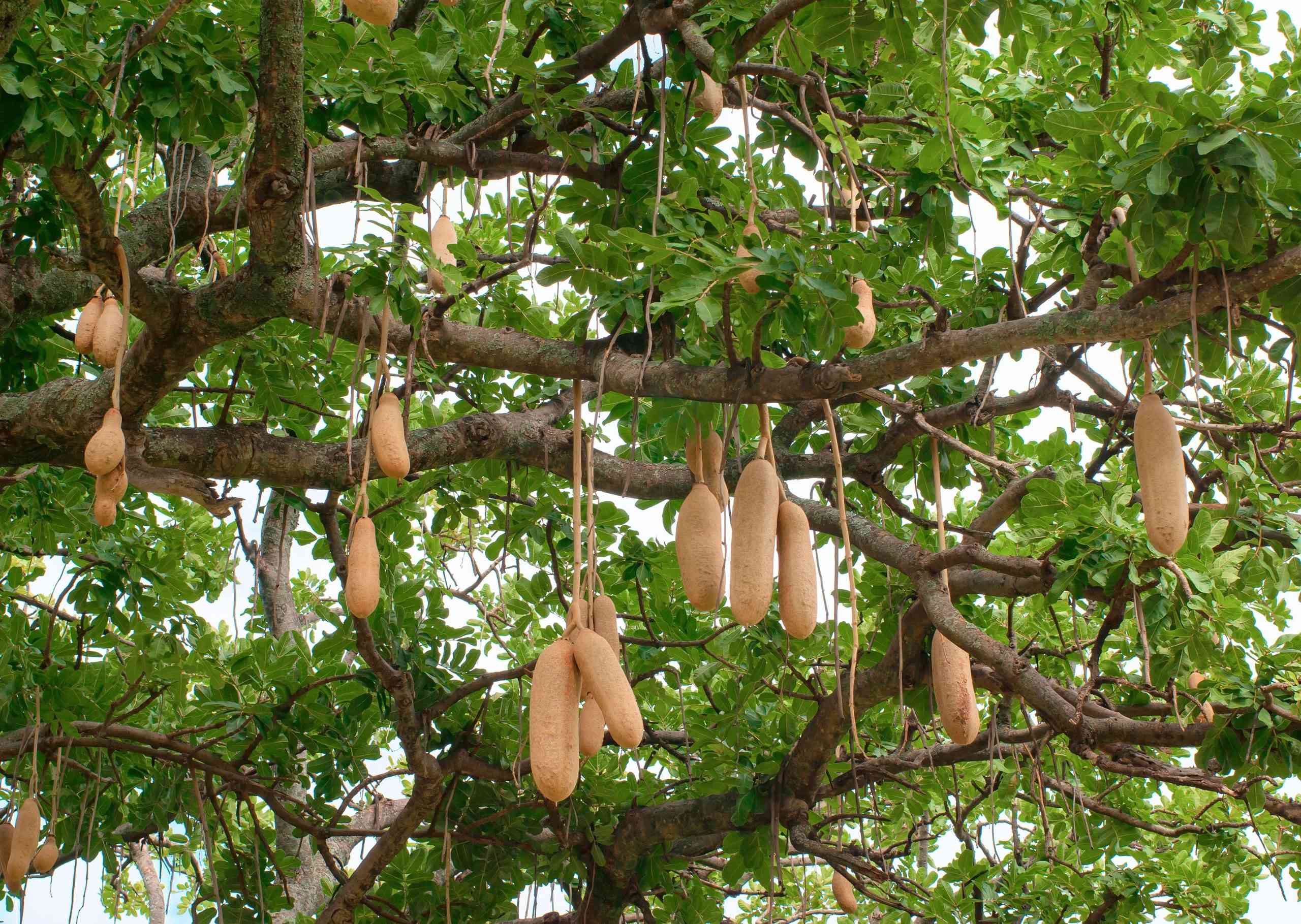PARLIAMENT has urged authorities to closely guard against the destruction of Mumvee trees, among other herbal plants across the country.
This comes following the discovery of Mumvee, also known as The Sausage Tree, as a powerful herbal medicine that is currently being used to cure different ailments.
Though not scientifically proven, the use of Mumvee powder off its elongated fruits and barks is gaining momentum in the country, with the products being sold on the streets and vegetable markets.
Raising a point of interest in the august House last week, Kwekwe Proportional Representation legislator Perseverance Zhou said the demand for herbal medicines is on the increase, hence the need to preserve the flora.
“I rise to address a matter of national importance, the urgent need to protect Zimbabwe’s indigenous flora, which includes trees, shrubs, flowers et cetera, with medicinal properties. These trees include sausage trees (mumvee) and baobab trees (miwuyu),” Zhou said.
- Triangle retrenches as economy bites
- Caledonia in US$42 million capex drive for 2025
- Mukuru launches mobile wallet in Zim to bolster financial inclusion
- Economy heads for a bloodbath: Biti
- NBS completes Glaudina housing project ahead of schedule
“Our country is blessed with a rich biodiversity that has been used for centuries by our ancestors to treat various ailments.
“Recent reports, however, indicate that the demand for these herbal resources is increasing rapidly, both domestically and internationally.
“This presents an economic opportunity that also causes a significant threat to the sustainability of our natural heritage.”
With most citizens struggling to access scientific medicines due to poverty, herbal medicines have become a choice of many due to their affordability.
Added Zhou: “If left unchecked, the indiscriminate harvesting and exploitation of these herbal resources could lead to the extinction and loss of valuable medicinal knowledge.
“One concerning trend is the growing interest in Zimbabwe’s herbal resources by Western countries. There is a real risk that these nations may establish mass production facilities which could result in the depletion of our natural resources.
“To prevent this from happening, I propose that the government enacts comprehensive legislation to protect our herbal trees.”
According to her, the legislation should designate specific areas as herbal conservation zones, where the harvesting of these trees is strictly prohibited or regulated.
She also suggested that there is need to promote the development and adoption of sustainable harvesting techniques that minimise environmental damage and ensure the long-term viability of herbal populations.
The Forestry Commission last week said it is launching an investigation into reports of Mumvee, scientifically known as Kigelia Africana, being harvested in Zimbabwe’s rural areas for medicinal purposes.













